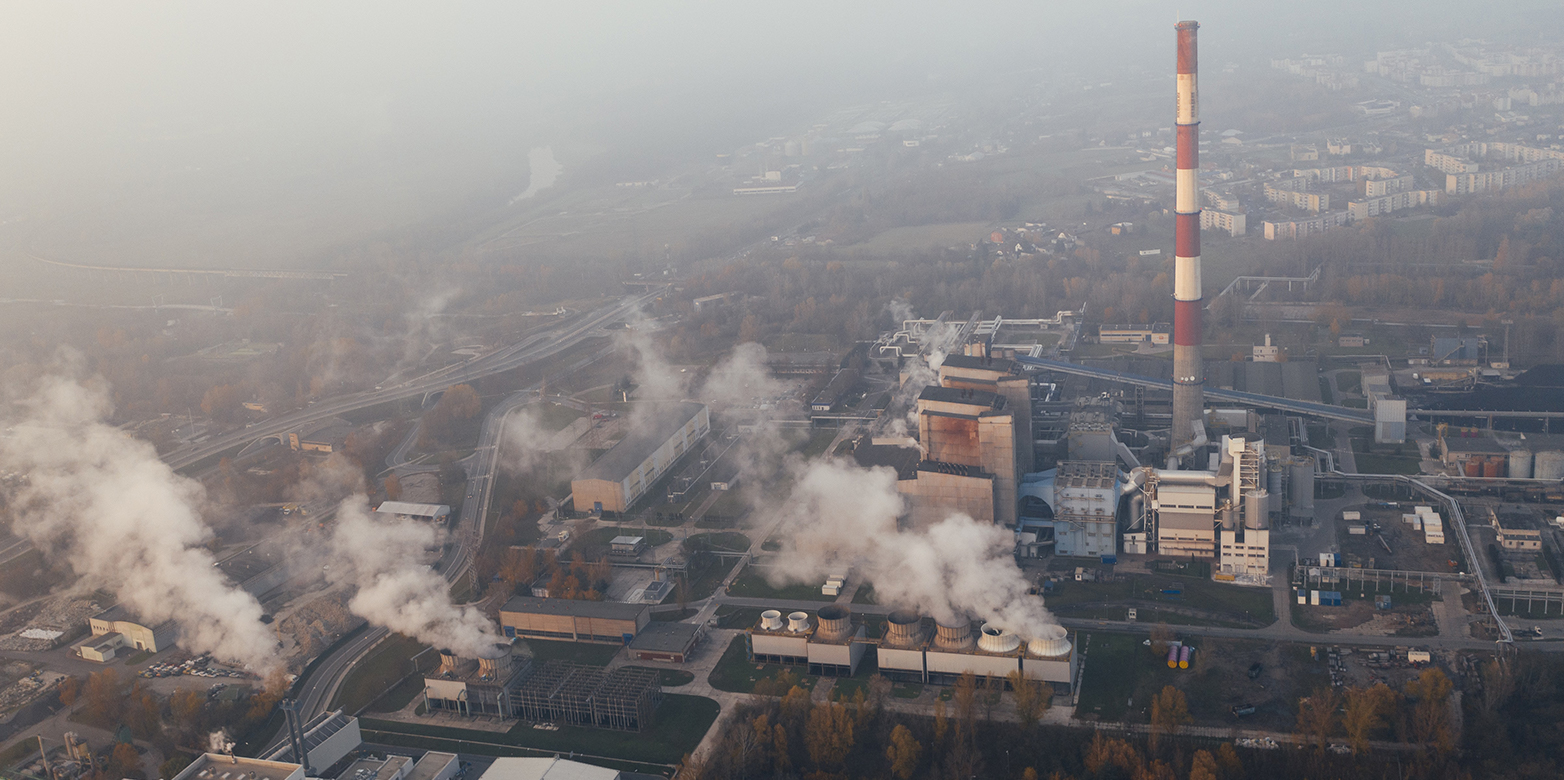Do citizens provide political rewards to firms engaging in voluntary environmental action?
Whether voluntary environmental action pays off for both business and the environment has been a subject of academic and policy debate for many decades. A recent study by CIS & ISTP PhD Student Dennis Kolcava, ETH Prof. Thomas Bernauer, and NMBU & UZH Prof. Joachim Scholderer reveals that citizens are more willing to reward firms with public procurement contracts, tax breaks and lenient regulatory enforcement when these firms engage in ambitious voluntary environmental action.

Abstract
Existing research offers a nuanced understanding of the conditions under which firms can gain a competitive advantage through environmental business conduct. However, we know quite little about whether such action can also generate benefits for firms induced by political action, such as benefits associated with public procurement, (softer) regulatory enforcement and corporate tax breaks. We argue that citizens are more likely to support such rewards for firms that have a stronger record of environmental business conduct, express stronger commitment to future environmental action and submit such action to independent audits.
The empirical analysis focuses on vehicle emissions reduction by car producers and plastic waste reduction by retailers. Choice experiments with 6726 respondents from Germany and the United States support these arguments. Our findings are surprisingly consistent across two different sociocultural and political contexts (Germany, USA), two different environmental policy domains (vehicle emissions, plastic waste) and three forms of political rewards. Whereas studies focusing on narrowly defined economic benefits (competitiveness) of environmental business conduct have become somewhat more sceptical about the magnitude and scope of such benefits, our results provide more room for optimism by pointing to other types of benefits of corporate environmental action.
- Article: "Do citizens provide political rewards to firms engaging in voluntary environmental action?"
- Journal: Journal of Cleaner Production (2021)
- Author(s): Dennis Kolcava, external page Joachim Scholderer & Thomas Bernauer
For the full article, please visit the external page Journal of Cleaner Production homepage.